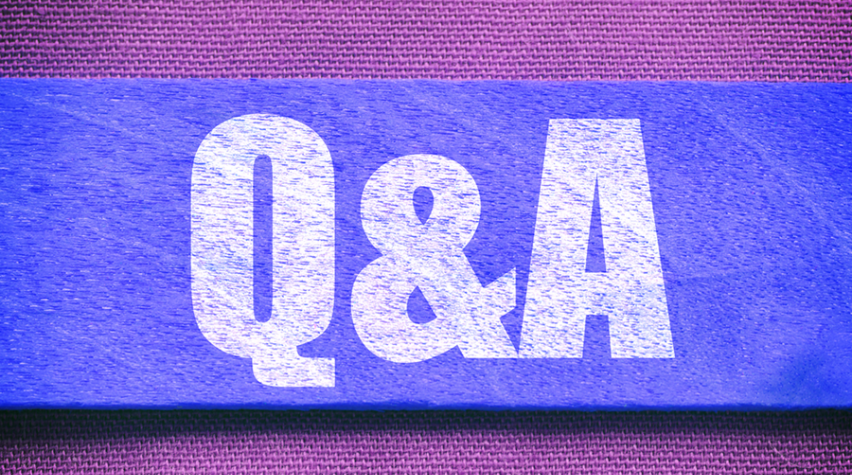
Voting for next year's AIChE Board of Directors is under way as of September 16th at http://www.aiche.org/election. Have your say and help direct the future of AIChE by voting! The Young Professionals Committee (YPC) asked potential members of AIChE's board a few questions about Young Professionals and AIChE. They were asked to answer two main questions, and were given the option of choosing to respond to additional questions, so you won't see responses from every candidate for every question. Below, you'll see the first of the optional questions answered. Answers are shown in alphabetical order by position and the candidate's last name. In addition to learning about the candidates here, you can also learn more about candidates and the election process on the AIChE election page.
Q: [optional] What one piece of advice would you share with Young Professionals?
For President-Elect
Tom Hanley

Young professionals should work constantly to maintain their marketability as an employee. On graduation, young professionals are normally in high demand, primarily because of the high level of training, the familiarity with the most modern tools and the fact that you can be hired at entry level salaries. YP's need to continue to develop as professionals in order to increase their value to their employer and to prepare, if necessary, to adjust to a changing work environment either with the same employer or in a new position. While your skill set will necessarily change as you move through the increasingly responsible positions, further educational programs and continuing education opportunities provide you with either new or additional skills that allow you to respond to the challenges an engineering career presents.
Gregory Stephanopoulos
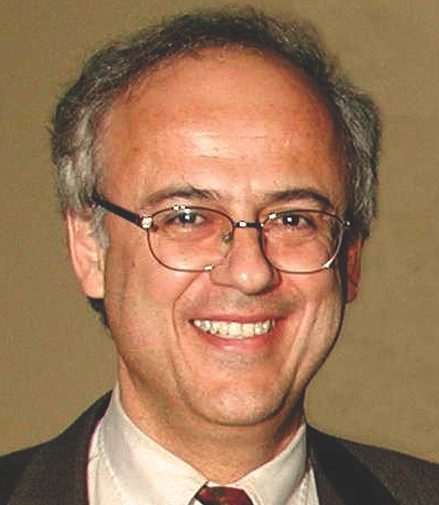
Make sure you add value to the organization you work for. There are many ways you can do that: Take on assignments whose outcome is critical for your company, think of creative solutions to problems that reduce efficiencies or prevent growth into new areas, introduce innovation to operations that translate into real savings and are reflected in the bottom line, question the normal and venture into the uncertain, bring visibility to your organization by serving in government review panels, volunteer for the numerous tasks where AIChE could use your skills. Now, if you can do one or more of the above while you are also having fun, this is a real winner. Actually, many of the above you can do only if you are truly inspired by them. Innovation, for example, is not dictated but is the product of inspiration from something that you love to do. Combining your love for your work with added value for your job not only will make you a successful professional but will also help you live a healthy and balanced life.
For Director
Rich Calabrese
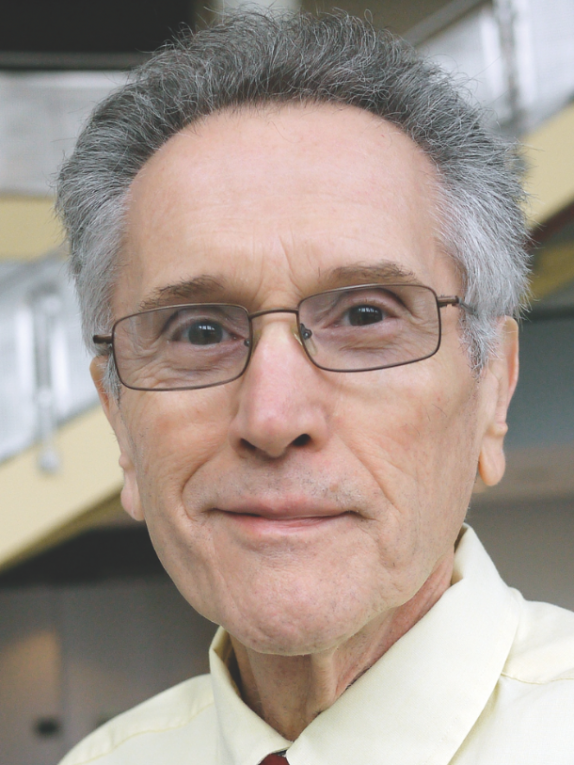
Young professionals are more likely to have several employers over a broader spectrum of job opportunities than engineers of my generation. My advice is to stay current with your technical background and skill set. Know how what you have learned in school and the work place can be applied in completely different application areas. Take care to acquire some breath of understanding rather than just picking up what is needed to solve the current problem. Take advantage of AIChE's many life-long learning programs in the form of webinars, short courses, conferences & meetings and publications. Do this while maintaining a good balance between your work and personal life.
Alan Nelson
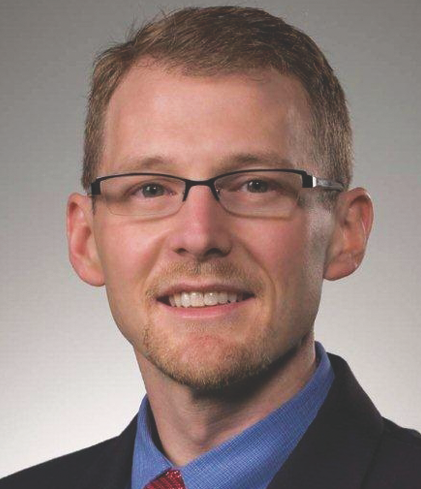
Style matters. As you begin your career, the natural focus will be to demonstrate your technical skills and project leadership abilities. The ability to solve material and energy balances, perform quick back-of-the-envelope calculations, and provide well-grounded technical recommendations are all critical engineering skills. There is no substitute for great engineering. Often times these skills are developed preferentially over soft skills, whether that is done consciously or subconsciously. Your communication skills, presentation style, interpersonal effectiveness, and ability to see the "big picture" are as equally important as your technical skills. You may have the greatest idea supported with volumes of data, but if you cannot communicate that effectively to stakeholders the brilliance of your idea will be lost. Throughout your career, take the time to invest in yourself to develop an effective communication and interpersonal style. Start now. Ask for feedback. Attend a workshop. Videotape (and watch) your presentations. Be prepared - every situation is a potential interview. If you develop the habit early in your career to reinvest in yourself, you can significantly improve your effectiveness style and allow yourself to become a technical leader that everyone wants on their team, and a people leader for which everyone wants to work.
John O'Connell
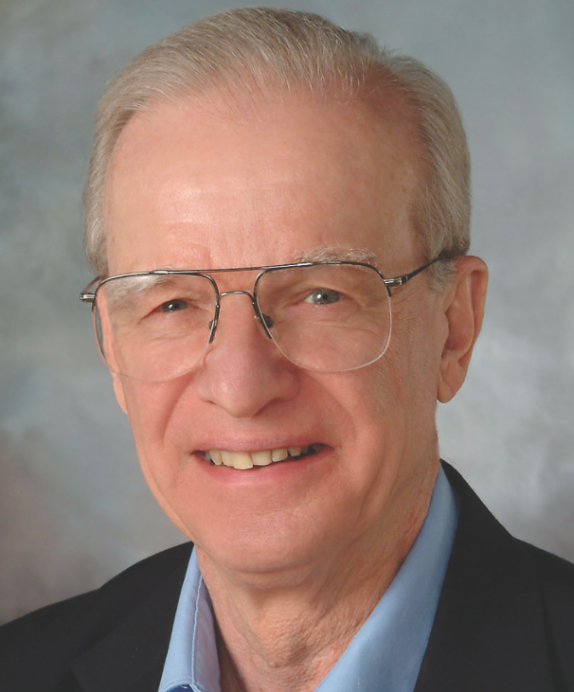
Get to know yourself. The confidence that comes from knowing what you are made of, and what you do best, will lead you to a successful and enjoyable life.
Timothy Odi
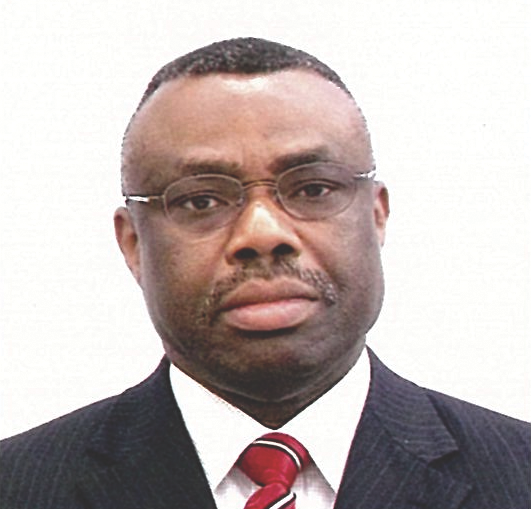
Broaden your skill set, value and respect team work, maintain good relationships with peers and seniors at work. Always complete assignments on time and be clear, concise and factual in reports and presentations, aiming for the highest level of impression from the audience. Join the toastmasters club to improve your organizational and presentational skills. Also get your Professional Engineering (PE) certification at the earliest opportunity.
Anne Robinson
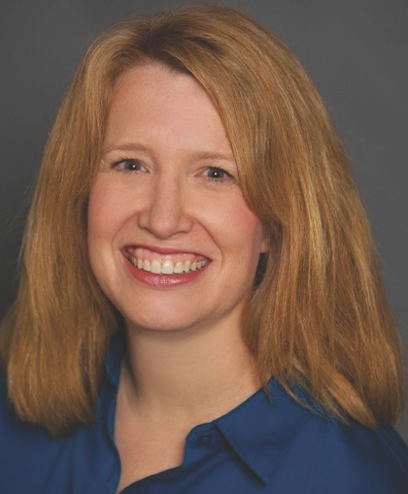
Throughout my career, there have always been many more demands on my time, energy, and resources than I have available. One of the most helpful pieces of advice I was given early in my career was always to carve out space to focus on the most "important" issues, even if this means setting aside "urgent" tasks. Although each week seems to bring a fresh set of crises, be sure to take time to focus on goals, strategies and planning, to talk with group members, colleagues, and mentors, and to read, write, and think. These tasks are critical to long-term success.
Sharon Robinson
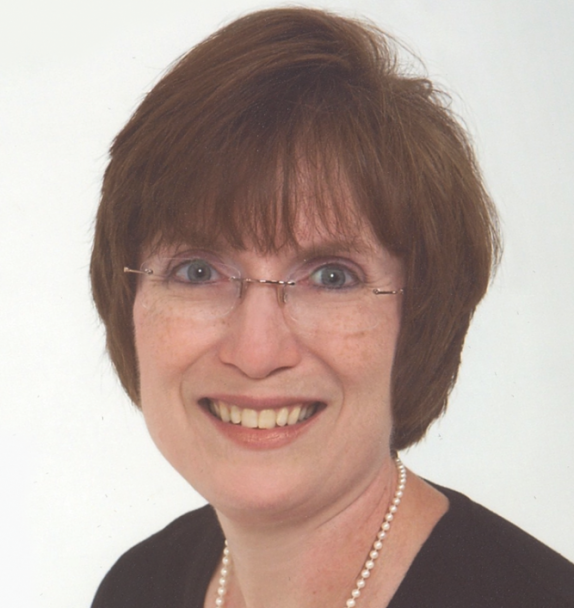
I remember the first time I attended a professional conference and presented a technical paper. My supervisor asked me if I liked the experience. When I responded that I did not particularly enjoy speaking in front of a group of people, he recommended that I continue working in the laboratory and never consider going into management. I find this interesting because I ended up spending the majority of my career in management roles, and I have enjoyed them very much. Over the years, I have worked in a many different technical areas (nuclear energy, energy efficiency, renewal energy, and environmental management) and performed a variety of job functions (principle investigator, technical team member, senior technical advisor, line manager, program manager, and project manager). At almost any point in my career I could not have guessed that I would have been doing and/or enjoying whatever it was I ended up doing five years into the future. I never consciously developed a career philosophy; it just evolved naturally. I received a strong technical base and experience platform early in my career that then allowed me to take advantage of opportunities as they became available. What I learned from these experiences is that you should stay flexible, keep an open mind, and always keep learning as you evolve throughout your career.
Shariq Yosufzai
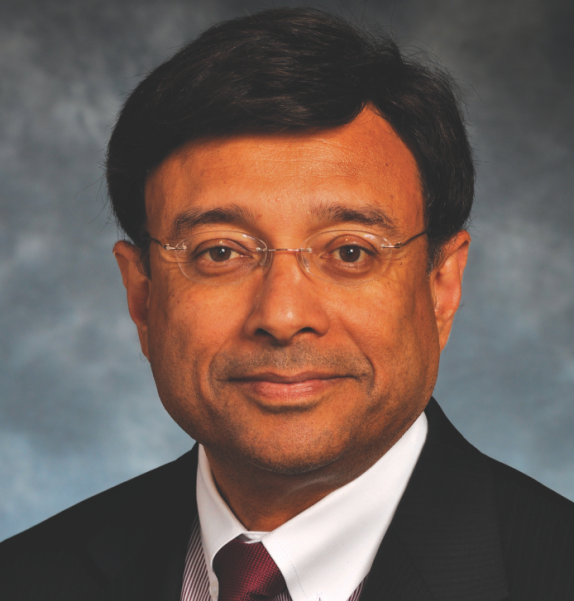
Always go out of your own comfort zone and do not limit yourself professionally or geographically. And remember - the soft skills are the hard skills. Colleges and universities are doing a great job of producing high performing engineering graduates. But how you work with others, how you collaborate and look at differing views are critical in determining career success. I encourage young professionals to use AIChE as a leadership laboratory - get involved in local sections, take leadership positions in various committees, or present papers to AIChE influencers. An AIChE program helping engineering students gain these skills at an early stage is ScaleUp, which Chevron proudly sponsors. Among the benefits of the program are connecting corporate sponsors with chemical engineering students and serving as a catalyst for students to engage with local chapters to build leadership and networking skills with industry professionals. Leveraging AIChE in this manner helps young engineers soak up the softer skills of collaboration and teamwork while learning to disagree without being disagreeable.


